Get over riding fear
and what ifs.
Whether you're a pro or ride for leisure.
Reach peak performance with your horse.
As an equestrian you know that your physical abilities are only a part of what makes you perform to the best of your abilities.
The other really important part is your mentality, your mental toughness, your grit, your ability to get out of your head and over what ifs.
And then, there is your horse.
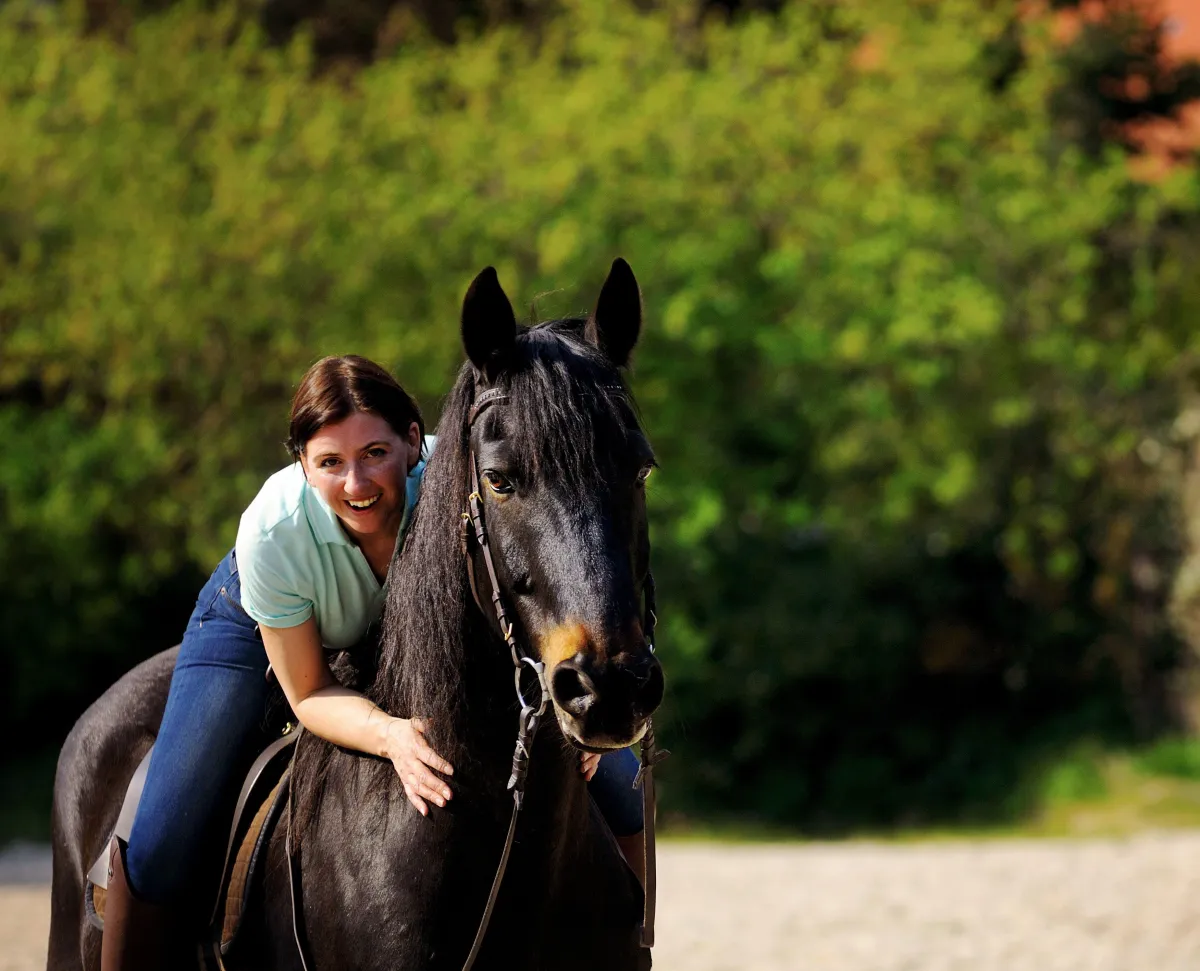
Hi, I'm Nicole Weber
I'm a certified riding instructor, mental performance coach, best-selling author, hypnotist and hypnosis instructor, equine osteopath and physiotherapist, equine-assisted coach, and creator of equihypnosis.
Yes, that's a lot!
But what it really means is that I have all the tools to help you AND your horse.
I've helped thousands of equestrians (one-on-one, in clinics and through my books) get over fear after accidents and injuries, improve their technique, become confident in themselves and their abilities and overcome insecurities and mental blocks.
My professional roots are in Germany, where I spent more than a decade working with equestrians up to Olympic level dressage. I combined mental performance coaching, hypnotherapy, trauma therapy, and equine assisted methods with hands-on work as an equine osteopath and physiotherapist, as well as riding instructor. This integrated approach became the foundation of what is now Equihypnose® / Equihypnosis.
Now I'm helping equestrians on US soil and worldwide as a coach, hypnotist and equine osteopath.
A lifelong horsewoman, I've ridden and trained across several disciplines, from dressage and show jumping to ranch riding and reining. Today my work is rooted in the classical and baroque traditions of dressage, focusing on harmony, balance, and lightness.
Work with me
I’m a social scientist, psychologist and psychotherapist turned sports hypnotist, mental performance coach, riding instructor, and equine osteopath.
Here’s how I can help
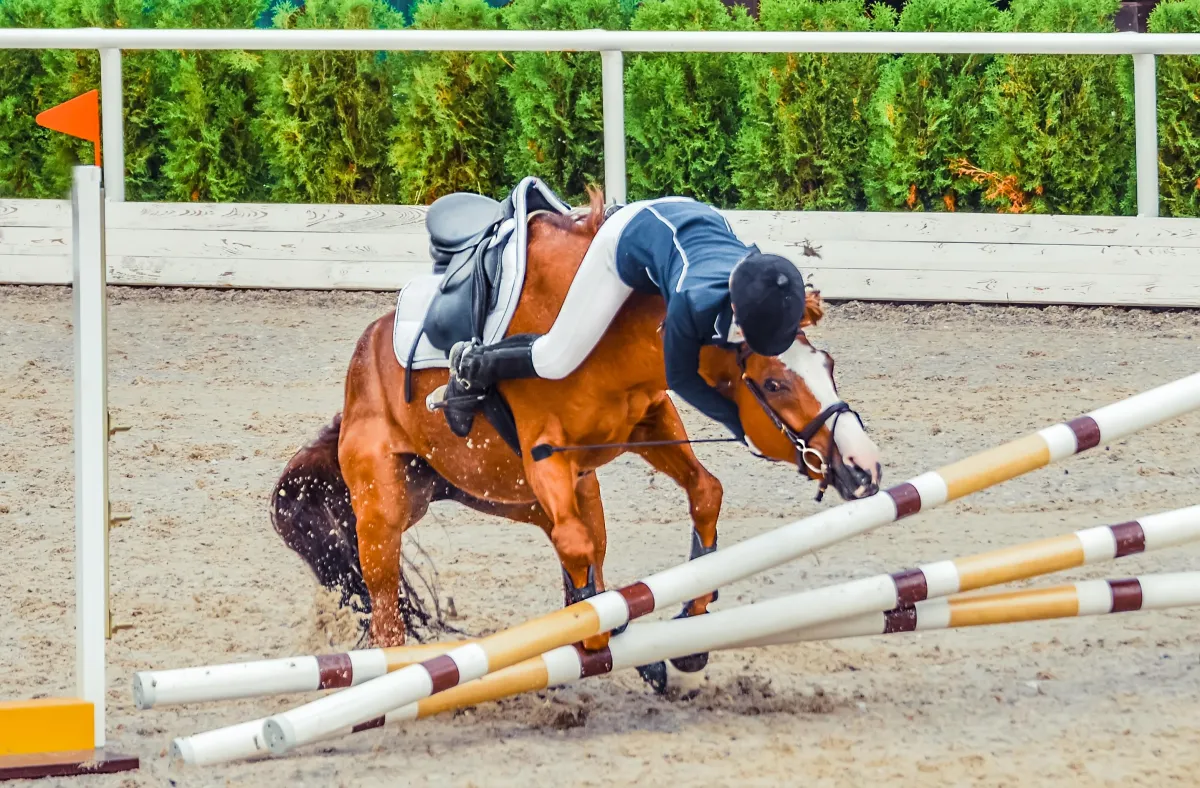
Get over riding fear
Have you tried different things but nothing really worked?
If you ride horses, you probably know riding fear. It affects leisure and pro riders alike.
Maybe you've taken a bad fall. Or, maybe you're fearful and don't know why.
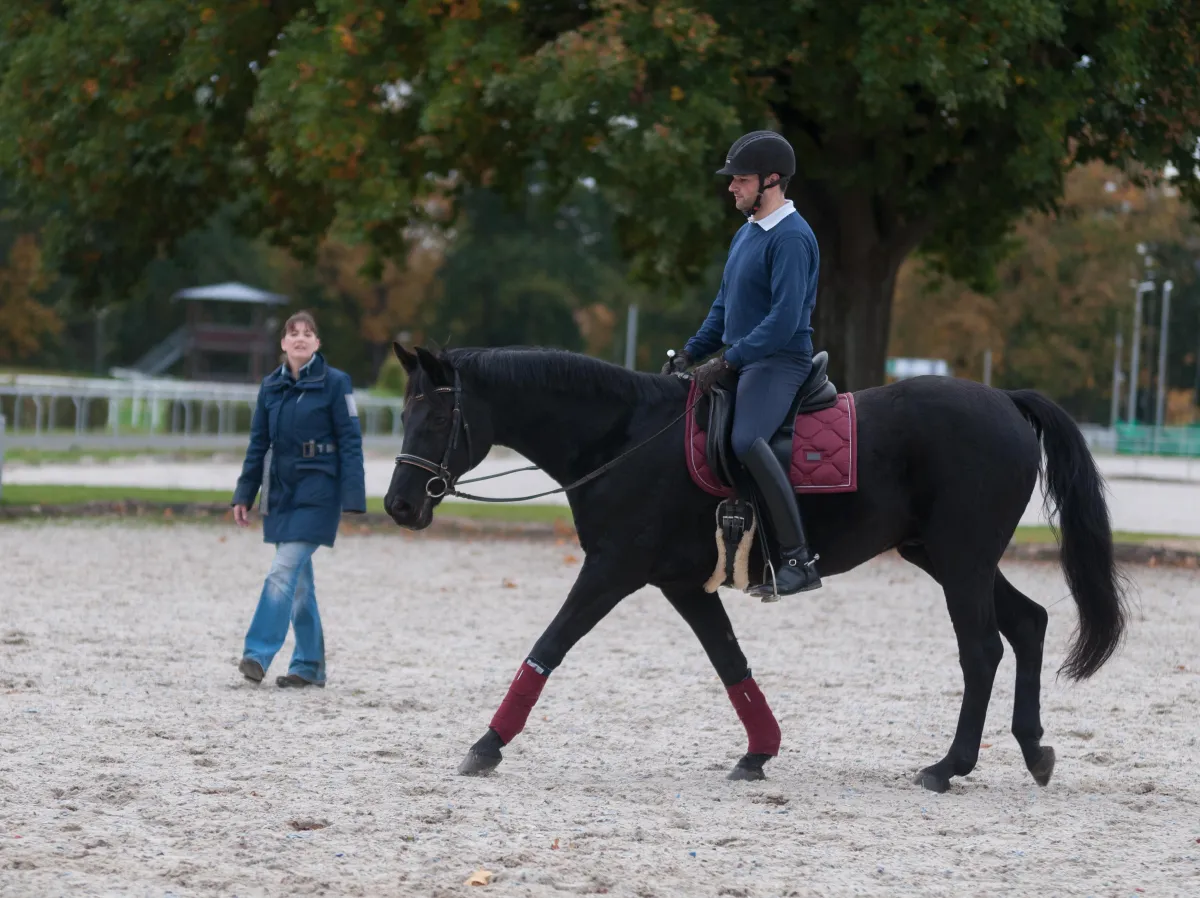
Improve your seat, aids and technique
A balanced, independent seat is the foundation for good riding. Through mental focus, body awareness, and subtle communication, you'll improve your timing, precision, and feel, so that every ride can feel effortless and in sync.
I work with experienced riders up to Grand Prix level in dressage, and also with riders in working equitation, western dressage and reining. I don't work with novice riders.
Want invisible aids?
Those canter pirouettes lack expression?
Or you want a deeper, more balanced seat?
I can help you with that.
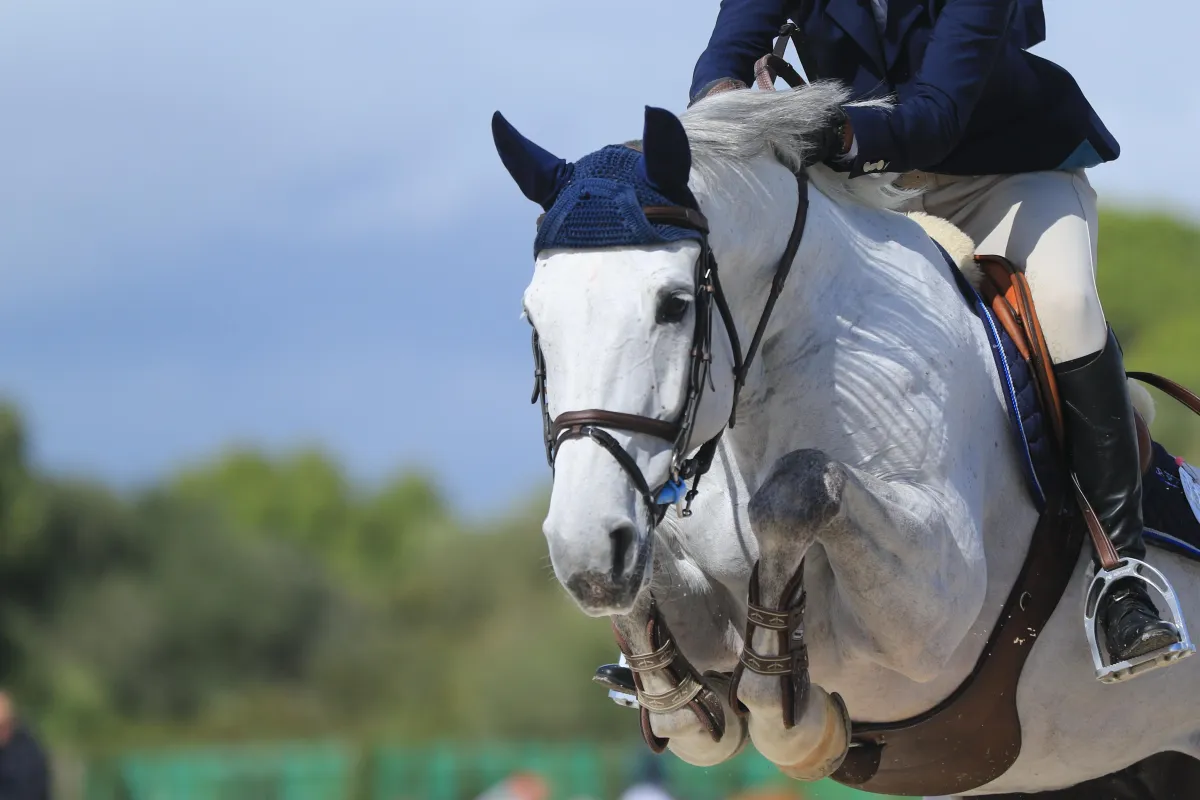
Fit for the competition
Everything goes smoothly at home, but during competitions, things don`t quite work out?
Would you like to showcase your skills at competitions just as well as you do at home?
Have you tried many things, but when it really counts, it still doesn't go as planned?
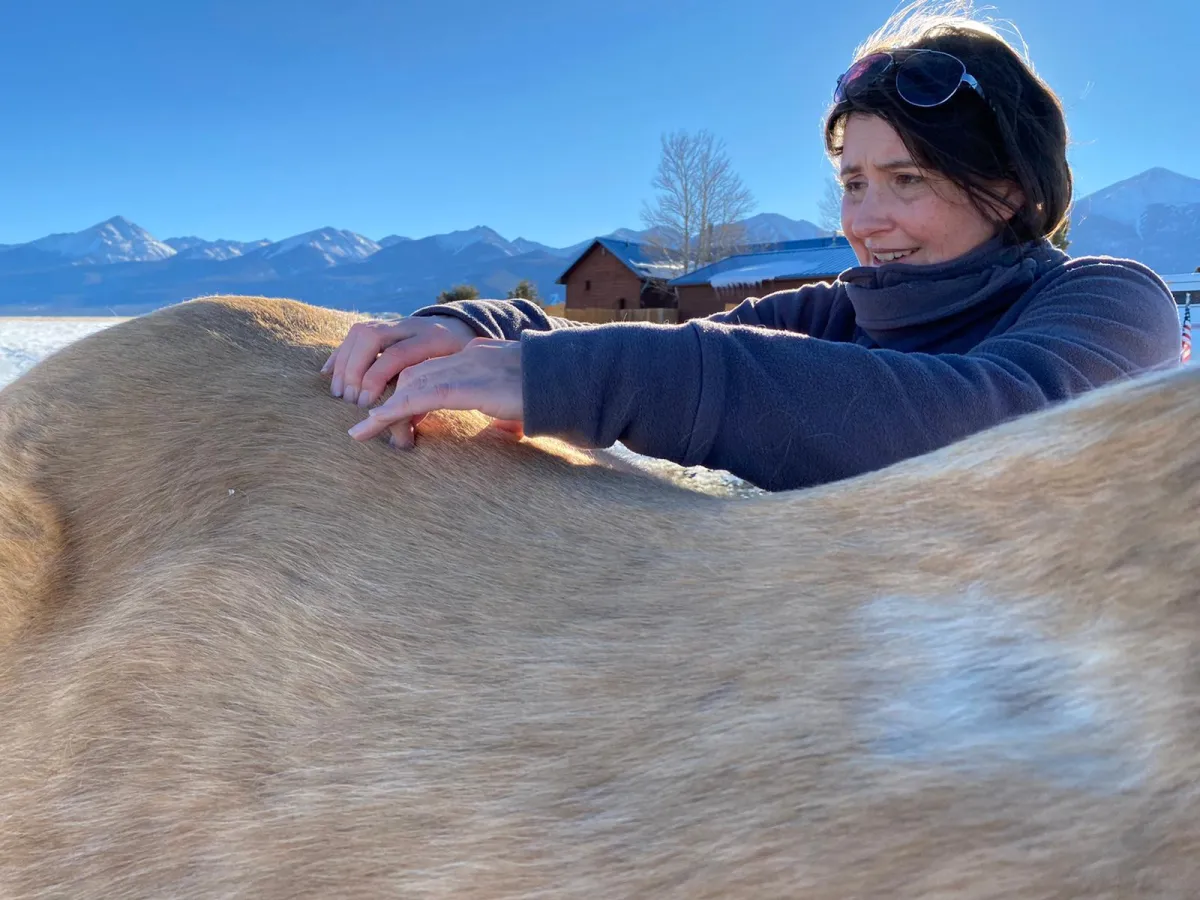
Equine Osteopathy and Physiotherapy in DFW
including visceral and craniosacral therapy, structural osteopathy, fascial work, massage, stretching, mobilization, and taping.
If it is helpful, I'll bring in some equipment to support the treatment.
An initial session takes about two hours and includes a full history, evaluation, gait analysis (possibly under saddle), an equipment check, and treatment of any issues we find.
Text or call to make an appointment: 469-583-2980
Resources
View the latest posts for improved confidence and better riding.
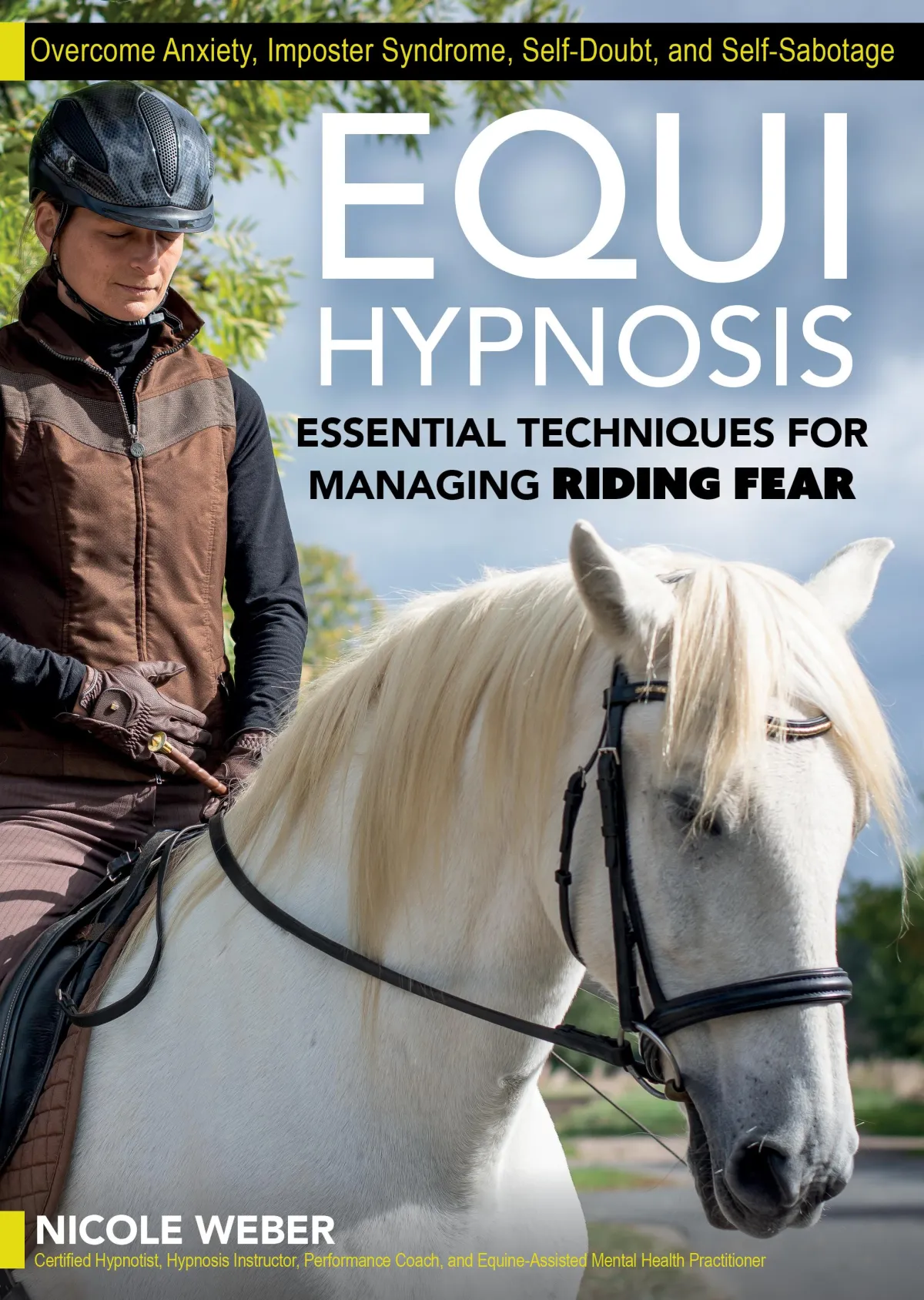
The book is published!
Almost every rider has felt fear at some point while working with a horse. Fear is a normal reaction to a frightening sitation, and as long as the emotion subsides, it isn’t necessarily a problem. However, when apprehension starts to monopolize our thoughts while in the saddle, and when our interactions with our horses are dominated by panic or dread, we need to make a change.
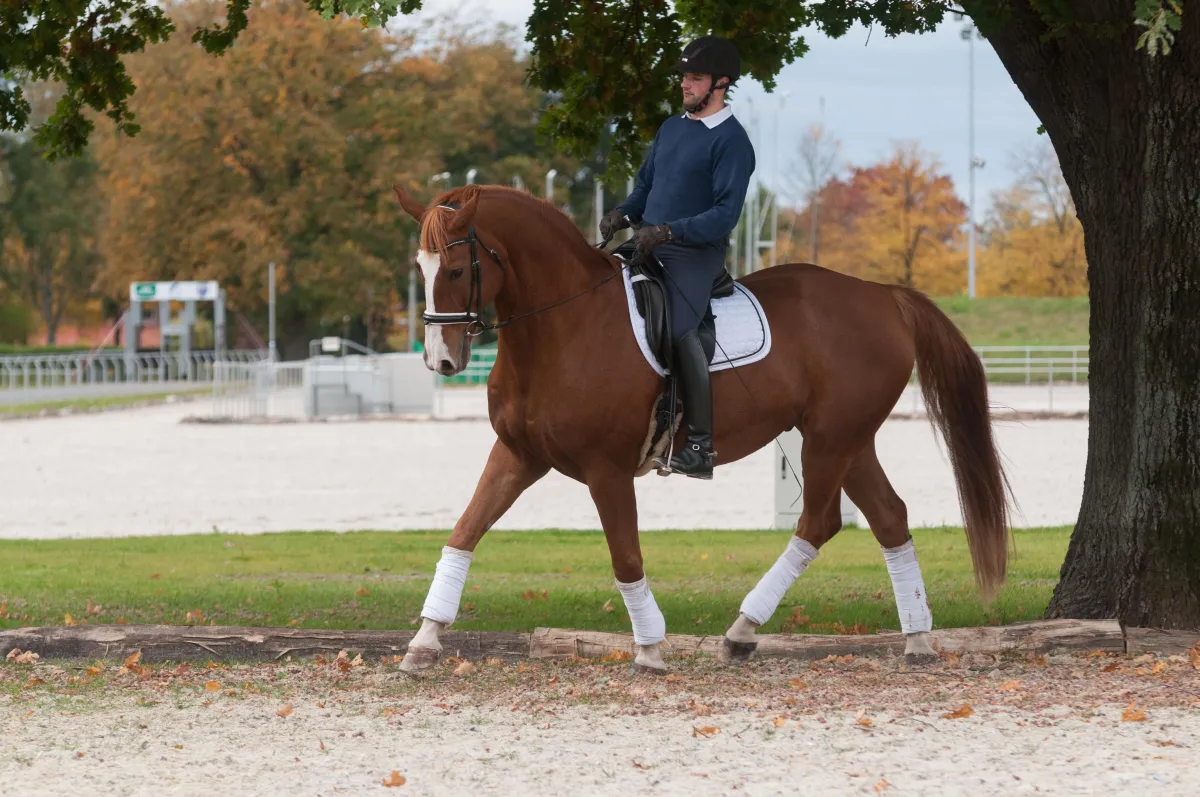
The sitting trot struggle and how to get over it
Ah yes, the dreaded sitting trot. For many riders, it's the lesson they love to hate. But why is that? And more importantly, how can you change that if you're not one of those lucky riders who don’t struggle with it?
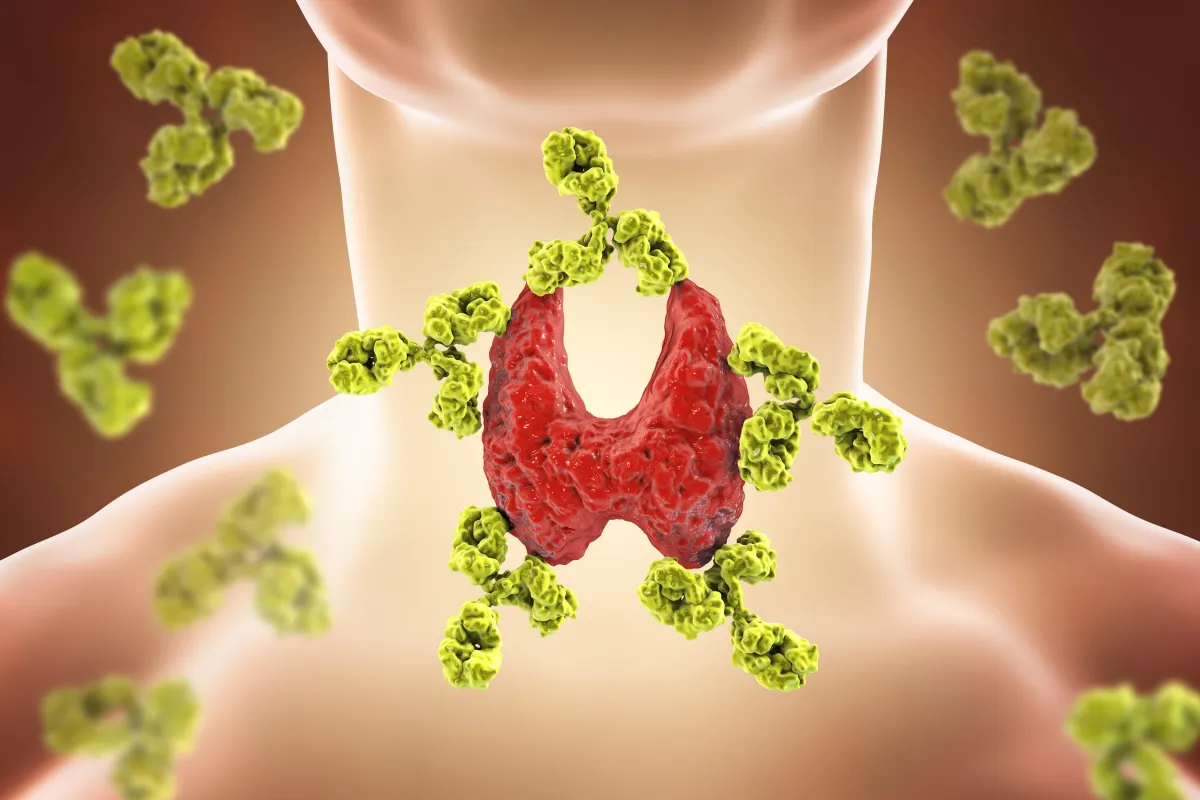
When the thyroid rides along
A thyroid disorder can either cause or amplify anxiety. Both anxiety and thyroid imbalances affect muscle tone, flexibility, and ultimately, your riding posture and control.
Client Testimonials
Some love words from clients
Due to the sensitive nature of my work, I value my clients' privacy. Here I only show their first name and their occupation.
After a green horse bucked me off I started shaking when I was supposed to ride my clients' horses. I've ridden most part of my life and got scared that I needed to give up my profession. I wasn't able to enter the arena at shows, I was shaking so much and the horses got nervous. I'm so glad I found Nicole. All those feelings of being incompetent are gone. And I've never felt as confident as I do now. I can't believe she even helped me improve my technique – canter pirouettes have improved so much!
Sandra, Dressage trainer and Grand prix rider
"Nicole is a wonderful person and very empathetic. At the same time, she is highly professional and, overall, simply inspires trust. I came to her because of a riding accident after I had read one of her books. The book had already helped me a lot with its wealth of information and her pleasant and sympathetic attitude. During and after the session, which was relaxed and just a wonderful experience, I noticed further changes that continue to develop. I can only congratulate anyone who finds their way to her!"
Andrea, Eventing rider
Office: 3333 Preston Rd, STE 300 #1386
Frisco, TX
Call:
469-583-2980
Email:
Site: www.equihypnosis.com

